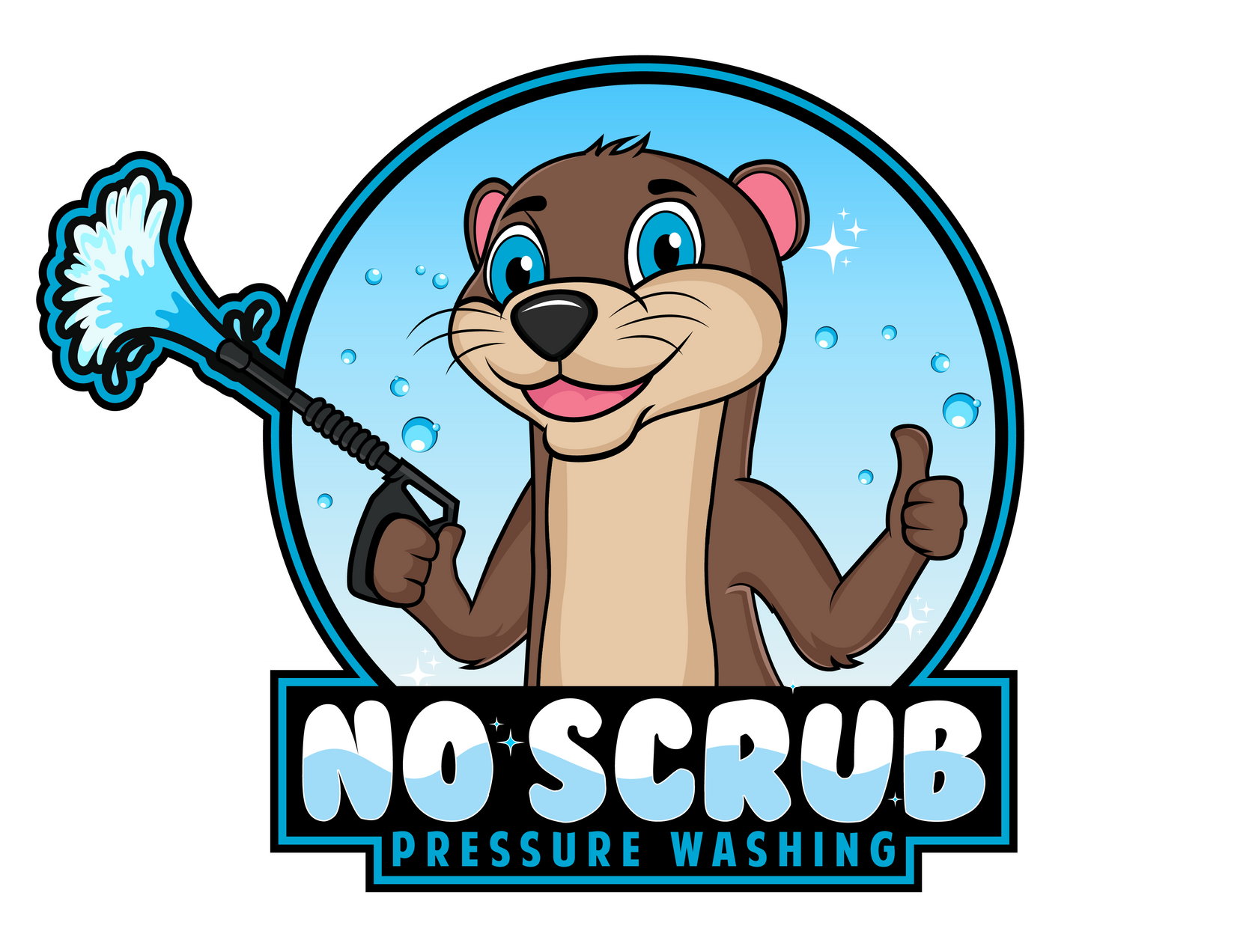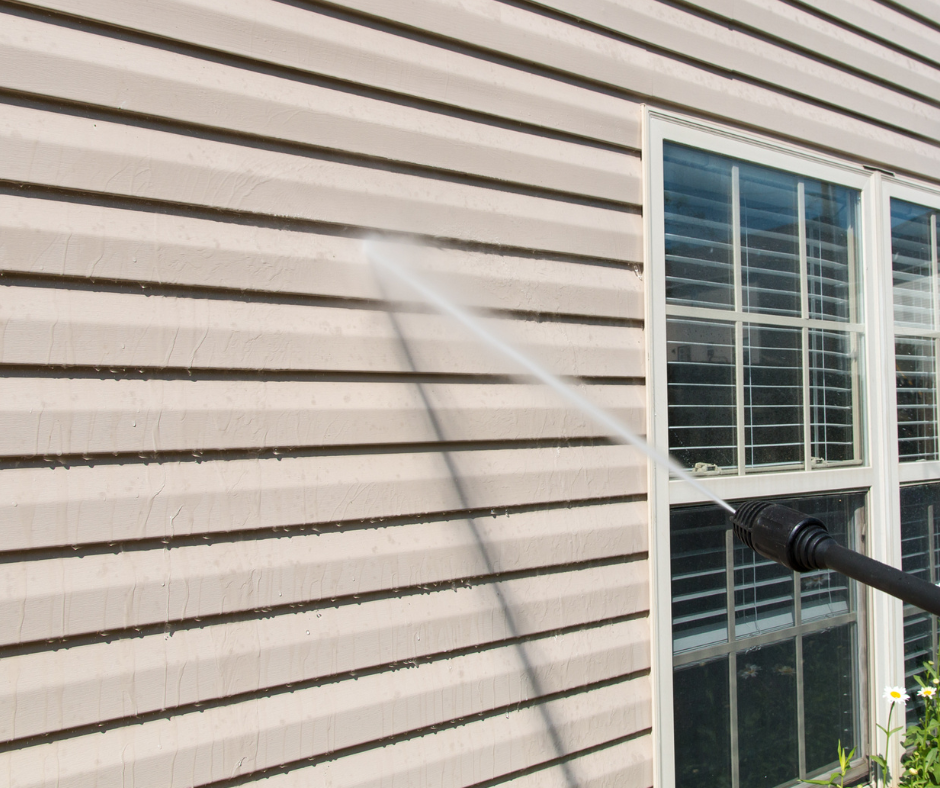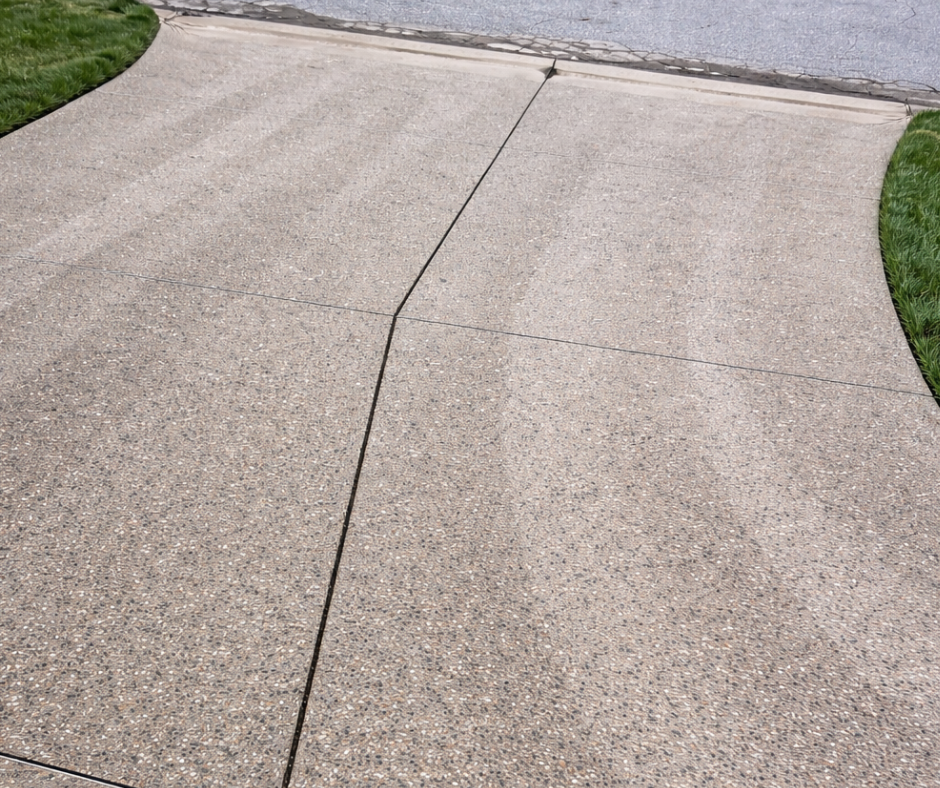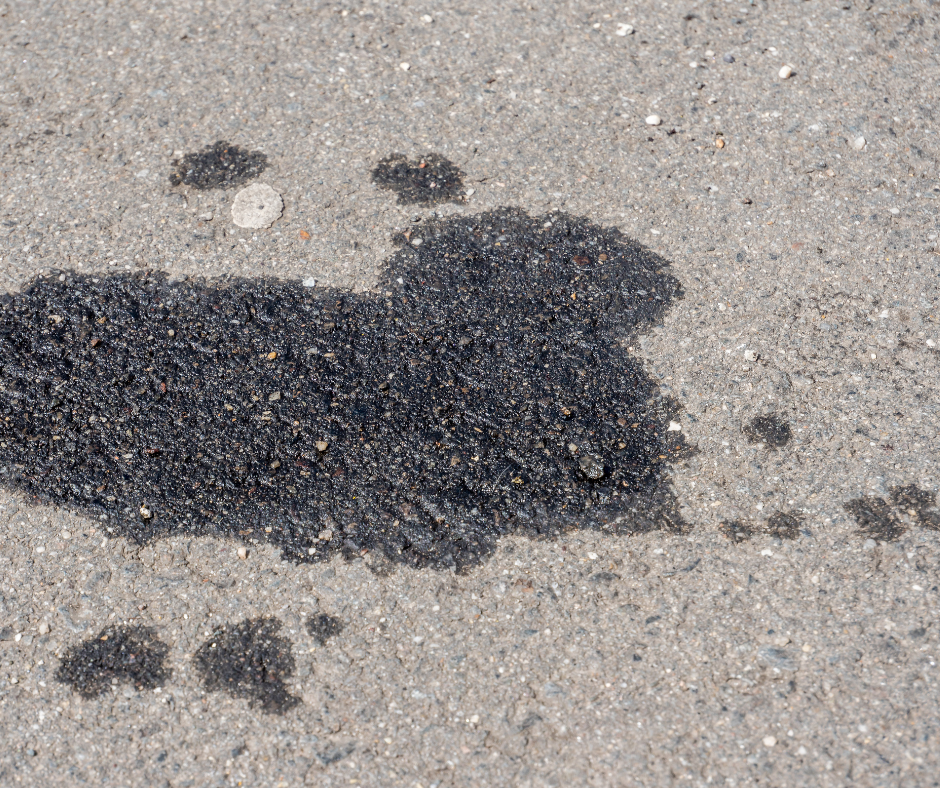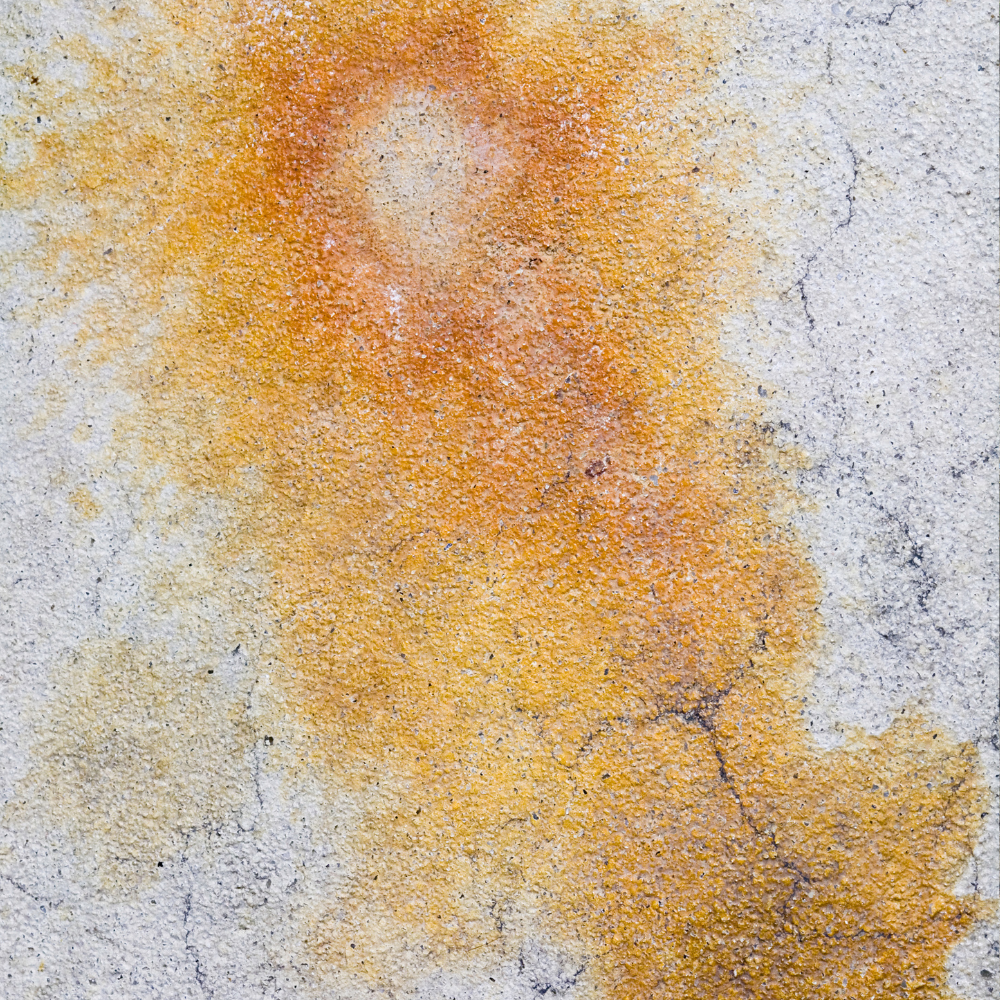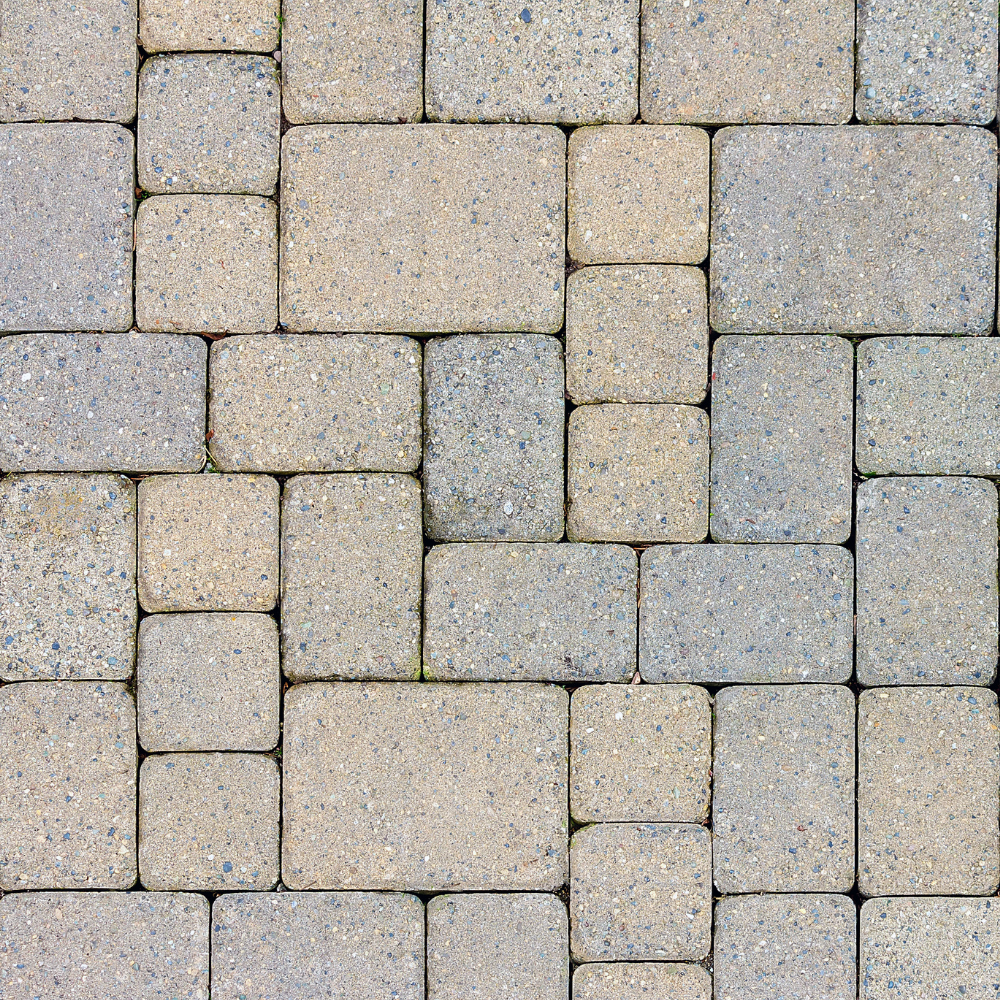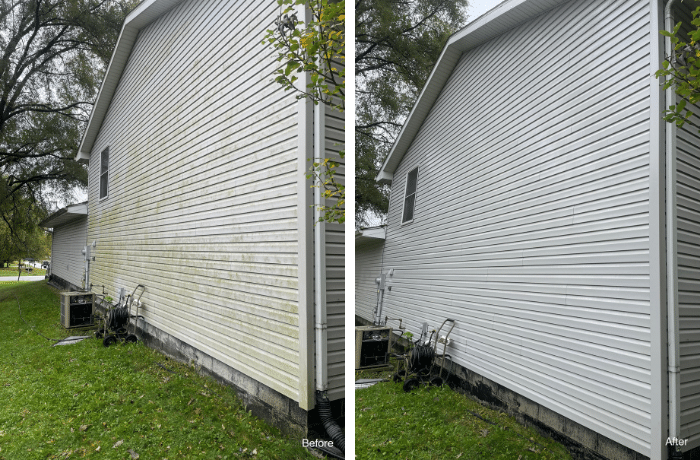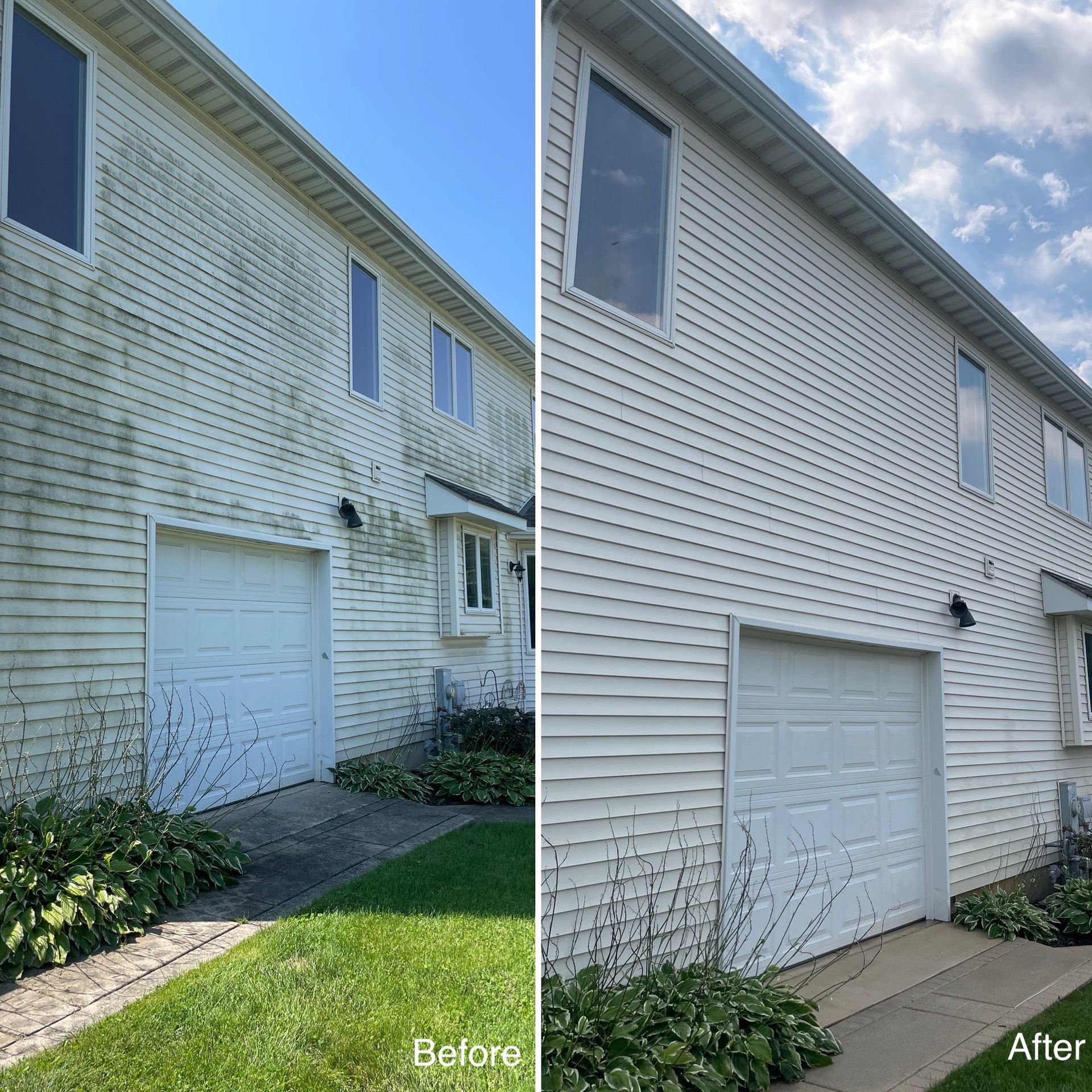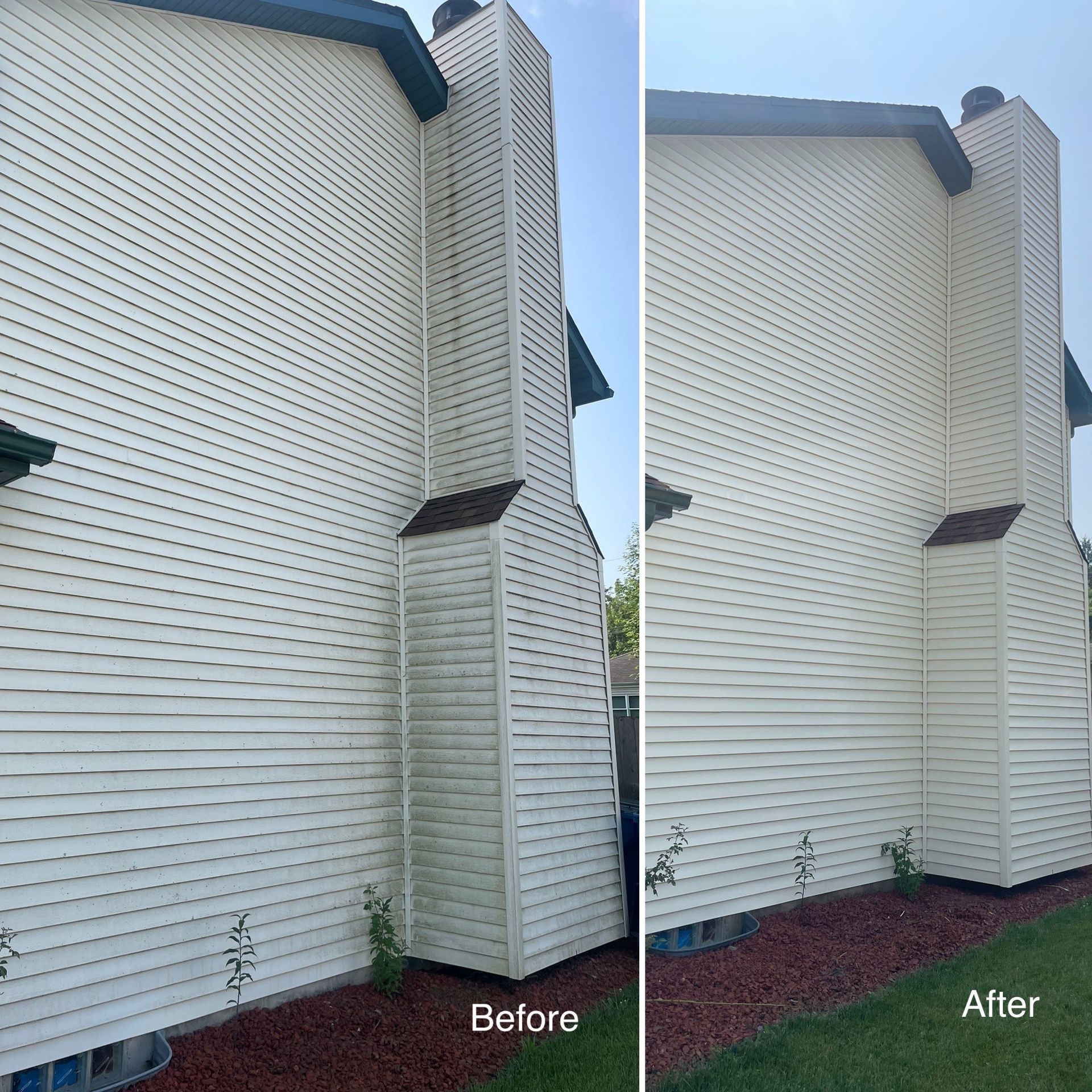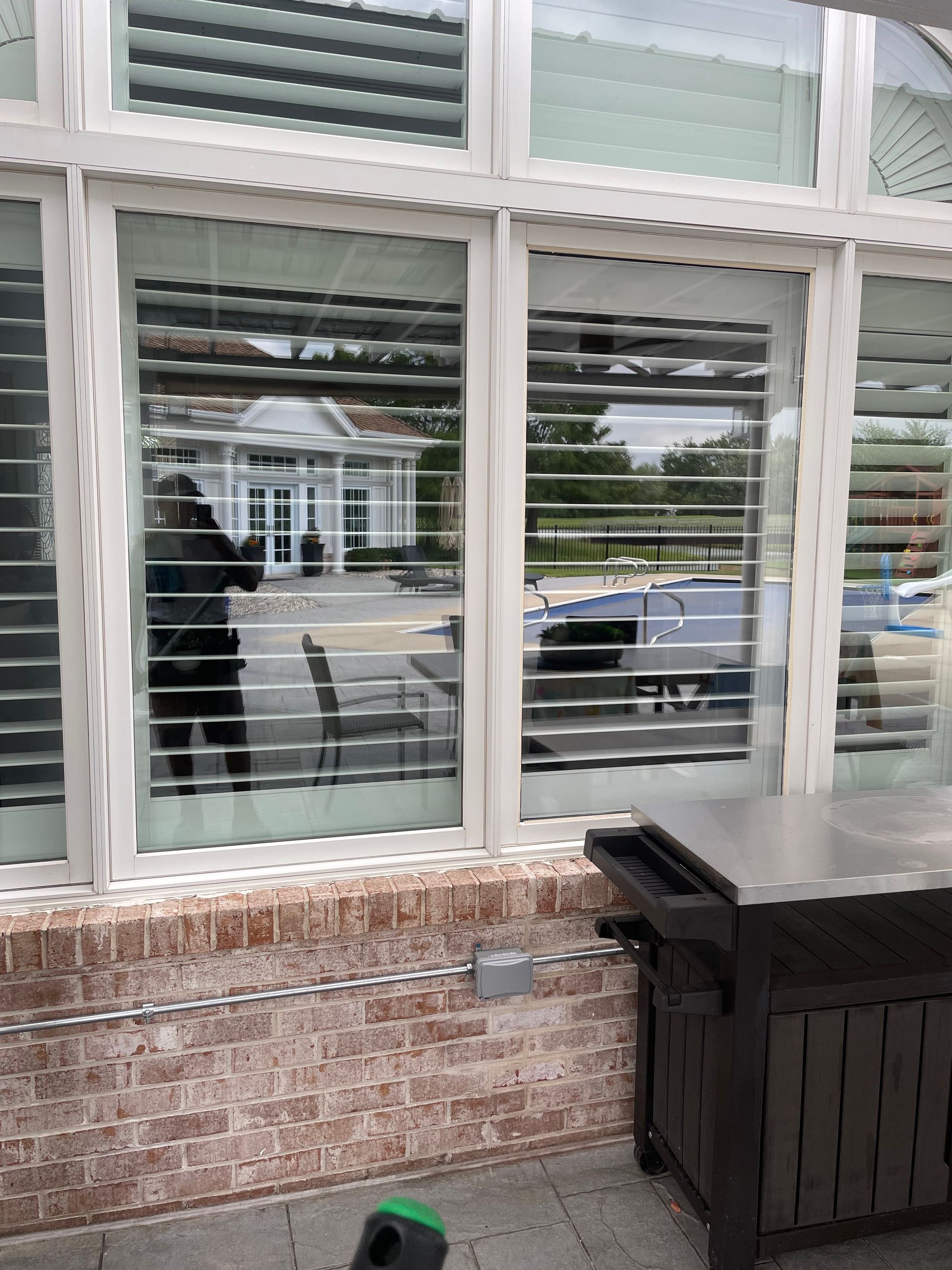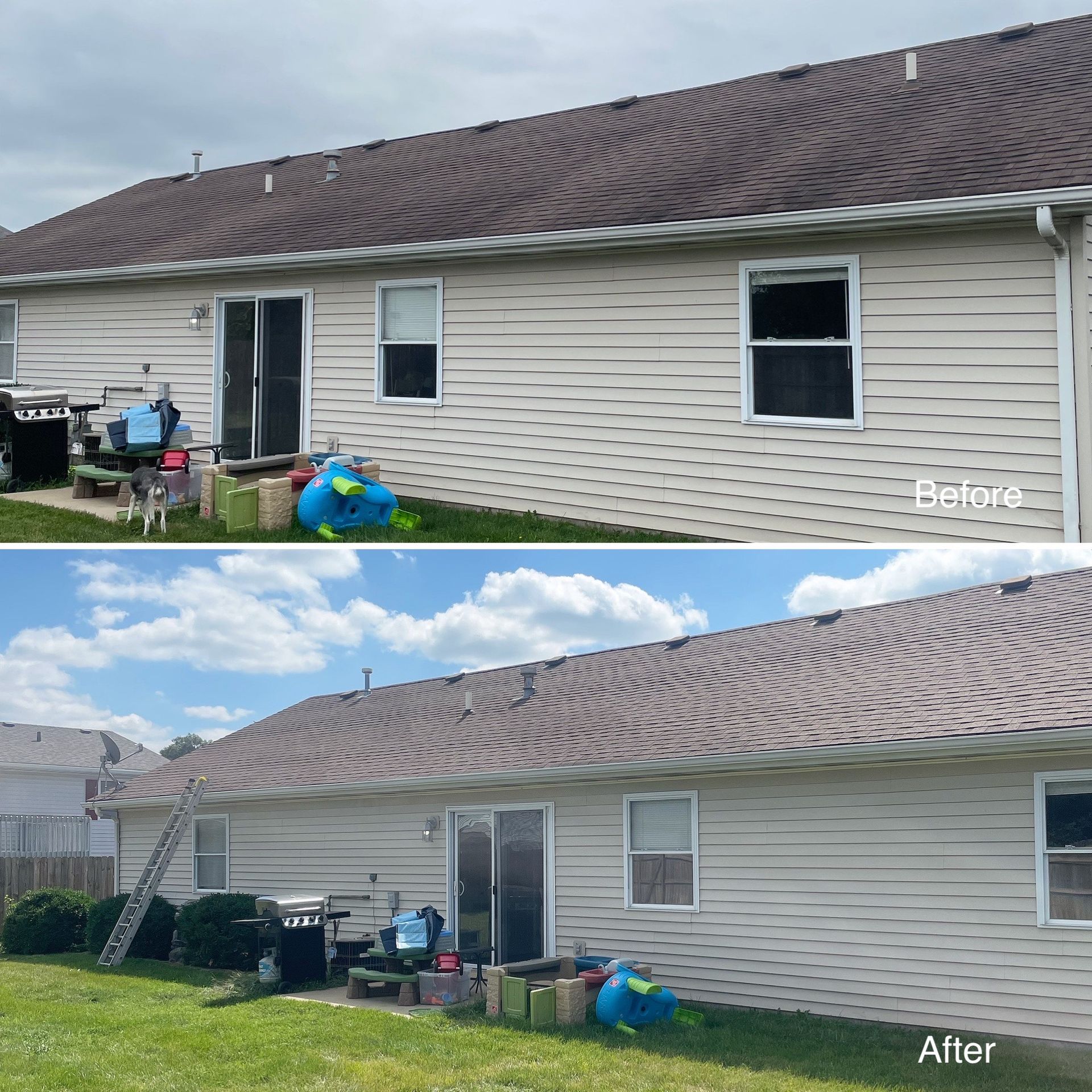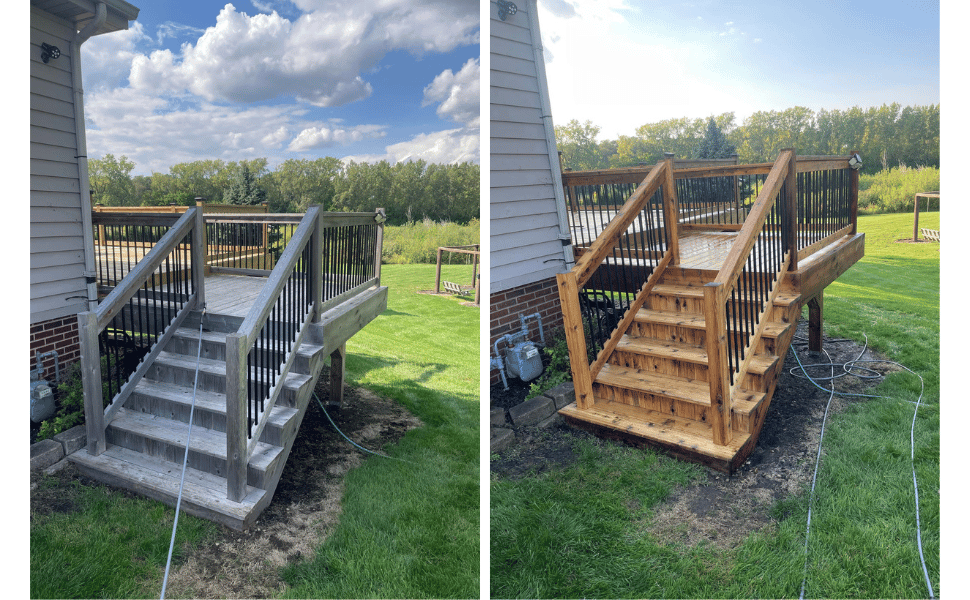Best Practices for Pressure Washing Your Pool Area
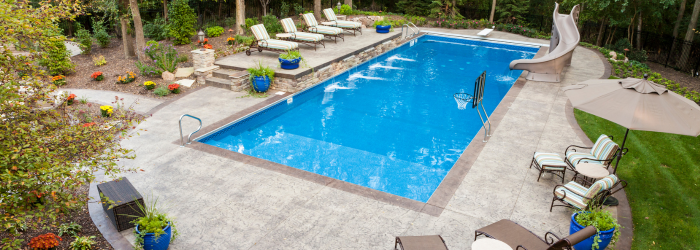
A clean pool area enhances both the aesthetics and safety of your outdoor space. Over time, dirt, grime, and algae can accumulate, creating slippery surfaces that pose a hazard. Regular maintenance, including pressure washing, helps maintain a pristine environment. Using the right techniques and equipment ensures efficient cleaning without causing damage. This guide will cover the best practices for pressure washing your pool area effectively.
Pressure washing is one of the best ways to restore your pool deck’s original look without resorting to harsh scrubbing or excessive chemical use. With the right approach, you can remove layers of dirt, algae, and mildew while preserving the integrity of your deck materials. However, improper use of a pressure washer can lead to surface damage, which is why understanding the right methods is essential. Whether you're a homeowner looking for a DIY solution or considering hiring a professional, following these best practices will help ensure a safe and effective cleaning process.
- Benefits of Pressure Washing Your Pool Area
Pressure washing offers several advantages beyond just improving the appearance of your pool deck.
- Enhances aesthetics: Removes stains, dirt, and discoloration, making your pool area look new.
- Prevents algae and mold growth: Eliminates potential hazards that can cause slippery surfaces.
- Extends the lifespan of materials: Protects concrete, wood, and tile from long-term damage.
- Improves overall hygiene: Keeps the area free of bacteria and contaminants that can affect pool water quality.
A well-maintained pool area not only looks inviting but also contributes to a healthier swimming environment. Mold and mildew buildup can create health risks, while accumulated dirt can make the area look unkempt. Pressure washing helps remove these contaminants, creating a safer and more enjoyable space for you and your guests. Regular cleaning also reduces the need for extensive repairs, saving you money in the long run.
- Understanding the Right Pressure Washer for the Job
Choosing the right pressure washer is crucial for effective cleaning without causing damage.
- Gas-powered pressure washers: Offer higher PSI levels, ideal for larger areas with tough stains.
- Electric pressure washers: More lightweight and easier to handle, suitable for routine maintenance.
- Hot vs. cold water washers: Hot water models are better for grease and oil stains, while cold water is effective for general cleaning.
When selecting a pressure washer, it’s essential to consider the type of pool deck material you have. Gas-powered models, while more powerful, can be too aggressive for certain surfaces like wood or composite materials. Electric pressure washers, on the other hand, offer more control and are ideal for homeowners who perform regular maintenance. Additionally, cold water washers work well for most residential cleaning tasks, while hot water washers are often used in commercial settings where oil and grease removal is necessary.
- Choosing the Right Pressure and Nozzle
The right pressure setting and nozzle determine how well you clean different surfaces.
- 1,500-2,500 PSI: Ideal for delicate surfaces like wood and composite decking.
- 2,500-3,500 PSI: Suitable for durable materials like concrete and stone.
- Nozzle types:
- 15-degree nozzle: Best for tough stains and deep cleaning.
- 25-degree nozzle: Versatile for general cleaning.
- 40-degree nozzle: Suitable for rinsing and delicate surfaces.
Using excessive pressure can damage the pool deck by etching concrete or splintering wood. Always start with a lower pressure setting and gradually increase as needed. The nozzle angle also plays a crucial role in controlling the spray force. A wider nozzle (such as the 40-degree) is best for gentle cleaning, while a narrow nozzle (like the 15-degree) should be reserved for deep stains. Ensuring the right combination of pressure and nozzle type prevents unnecessary damage while achieving a thorough clean.
- Safety Precautions Before Pressure Washing
Pressure washers can be dangerous if not used correctly. Always follow safety precautions.
- Wear protective gear: Gloves, goggles, and non-slip shoes prevent injuries.
- Be mindful of surroundings: Avoid spraying near people, pets, and electrical outlets.
- Test the pressure first: Start with a small section to prevent damage.
- Maintain a safe distance: Keep the nozzle at least 12 inches away from the surface.
Improper handling of a pressure washer can result in injuries, property damage, or even electrical hazards. The high-pressure spray can cause cuts, so wearing protective gloves and goggles is essential. Additionally, avoid pointing the washer at electrical outlets or fixtures near the pool, as water and electricity do not mix. Before starting, familiarize yourself with the controls and settings to ensure safe operation. A little caution goes a long way in preventing accidents.
Pressure washing your pool area is an essential maintenance practice that enhances both safety and aesthetics. By using the right pressure settings, selecting the appropriate nozzles, and following safety precautions, you can effectively remove dirt, algae, and stains without damaging surfaces. Regular cleaning not only keeps your pool area looking pristine but also extends the lifespan of decking materials, reducing the need for costly repairs.
Whether you choose to do it yourself or hire a professional, following the best practices outlined in this guide will ensure optimal results. A well-maintained pool deck provides a safer environment for your family and guests, preventing slips and falls caused by mold and algae buildup. With consistent cleaning and proper care, you can enjoy a beautiful, inviting poolside space all year round.
FAQs
How often should I pressure wash my pool area?
It’s recommended to pressure wash your pool area at least twice a year—once in the spring before peak swimming season and again in the fall to remove accumulated dirt and algae. However, if you notice excessive grime, mold, or slippery surfaces, you may need to clean more frequently.
Can pressure washing damage my pool deck?
Yes, if used incorrectly, pressure washing can damage certain surfaces like wood or composite decking. To prevent this, use the appropriate PSI settings (1,500-2,500 PSI for delicate surfaces and 2,500-3,500 PSI for concrete) and choose the correct nozzle. Always start with a lower pressure and test on a small area first.
What type of cleaning solution should I use for pressure washing my pool area?
Eco-friendly detergents are best for cleaning pool decks as they break down stains without harming the pool water or surrounding plants. A mixture of water and mild dish soap works for light stains, while oxygen bleach or vinegar solutions can help remove mold and mildew.
Should I hire a professional or pressure wash my pool area myself?
DIY pressure washing can be cost-effective if you have the right equipment and experience. However, hiring a professional is recommended for larger areas, stubborn stains, or if you’re unsure about handling a pressure washer. Professionals have specialized equipment and expertise to ensure thorough and safe cleaning.
Can I use a pressure washer to clean my pool tiles?
Yes, but it requires a gentle approach. Pool tiles should be cleaned using a low-pressure setting (under 2,000 PSI) and a wide-angle nozzle to prevent chipping. Additionally, using a soft scrub brush and a tile-safe cleaner can help remove calcium deposits and grime without damaging the surface.
What are common mistakes to avoid when pressure washing a pool area?
Some common mistakes include using excessive pressure, holding the nozzle too close to the surface, neglecting safety gear, and failing to pre-rinse the deck before applying detergent. Avoiding these errors will help prevent surface damage and ensure a smooth cleaning process.
